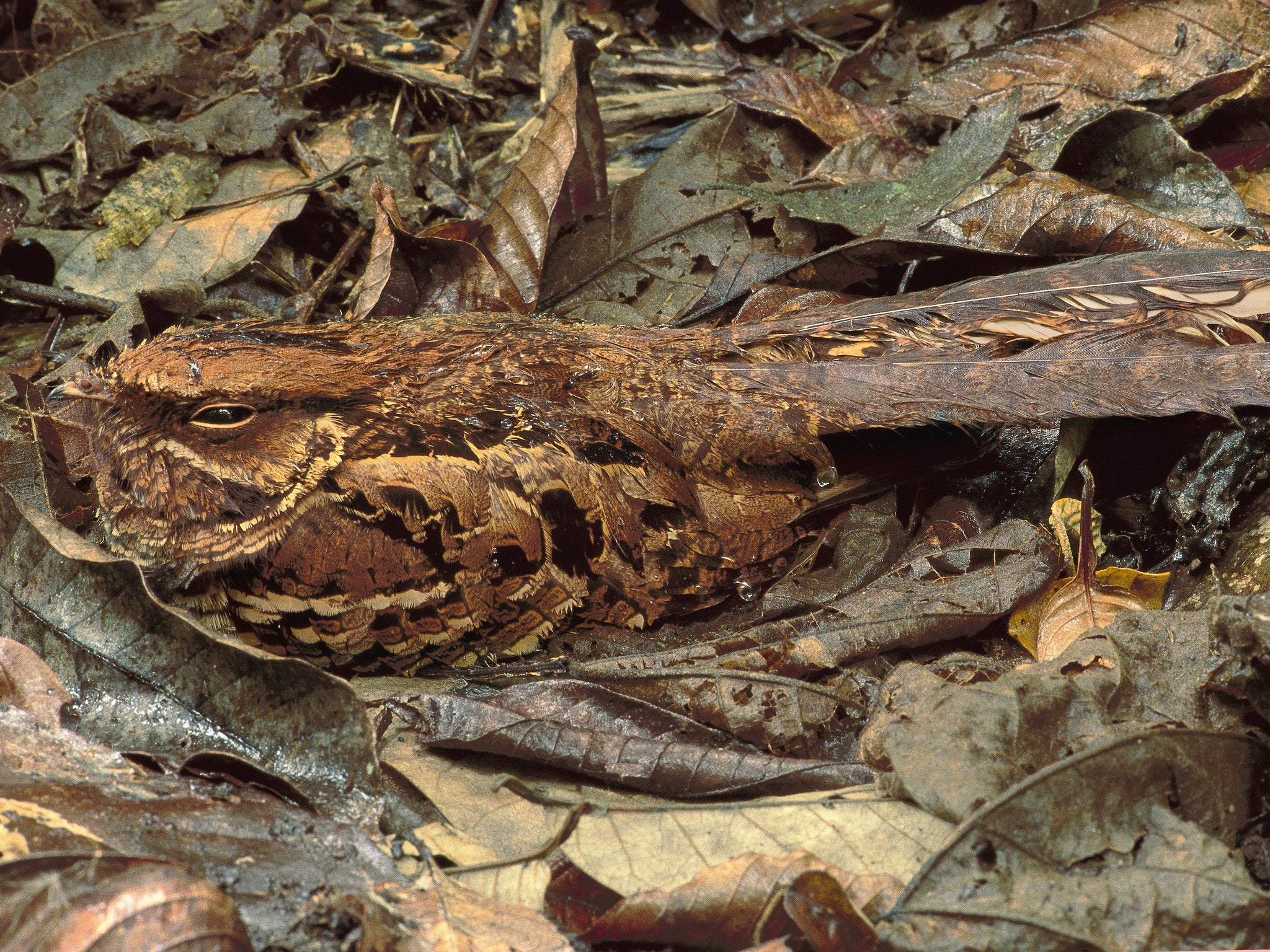That's in-app-ropriate! Nature reserve tells twitchers to stop using apps that mimic birdsong
The sound diverts them from the business of nesting

Your support helps us to tell the story
From reproductive rights to climate change to Big Tech, The Independent is on the ground when the story is developing. Whether it's investigating the financials of Elon Musk's pro-Trump PAC or producing our latest documentary, 'The A Word', which shines a light on the American women fighting for reproductive rights, we know how important it is to parse out the facts from the messaging.
At such a critical moment in US history, we need reporters on the ground. Your donation allows us to keep sending journalists to speak to both sides of the story.
The Independent is trusted by Americans across the entire political spectrum. And unlike many other quality news outlets, we choose not to lock Americans out of our reporting and analysis with paywalls. We believe quality journalism should be available to everyone, paid for by those who can afford it.
Your support makes all the difference.Mobile phones have become an unexpected threat to birds because apps mimicking their song divert them from the business of nesting.
Dorset Wildlife Trust is launching an online campaign to raise awareness after several incidents on Brownsea Island in Poole Harbour.
Visitors to the nature reserve have used apps imitating the unusual "churring" call of the nightjar to attract the birds so they can be photographed more easily.
The trust is advising photographers not to use bird apps on all of its 42 reserves and signs have been put up on Brownsea Island to remind visitors.
The nightjar is rare but enjoys a refuge on Brownsea Island where, like all nesting birds, it is protected under the Wildlife and Countryside Act 1981, which makes it an offence to intentionally disturb any nesting bird.
In addition, Brownsea Island has special protection area status for the habitats it provides for birds.
Chris Thain, reserve manager on Brownsea Island, said: "The apps are becoming quite common, and are great, but their use needs some guidance, I feel.
"I'm sure visitors would be devastated if they realised the possible disturbance they were causing to wildlife. We need to spread the word that use of these apps is not suitable for nature reserves and can be potentially harmful to sensitive species."
Tony Whitehead, from the RSPB, said: "Repeatedly playing a recording of birdsong or calls to encourage a bird to respond in order to see it or photograph it can divert a territorial bird from other important duties, such as feeding its young.
"It is selfish and shows no respect to the bird.
"People should never use playback to attract a species during its breeding season."
PA
Join our commenting forum
Join thought-provoking conversations, follow other Independent readers and see their replies
Comments